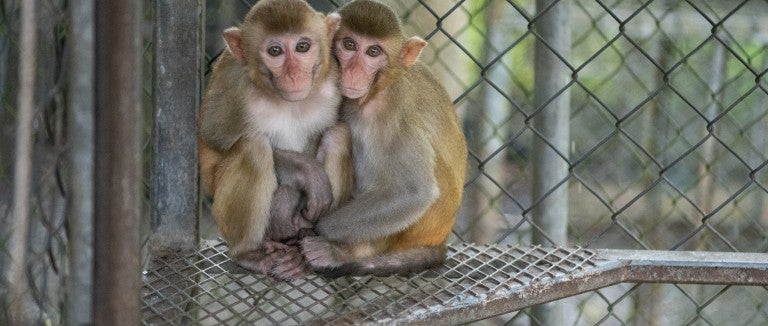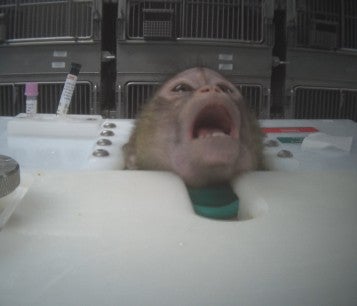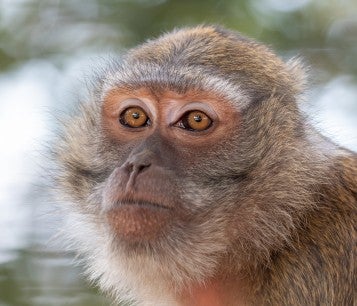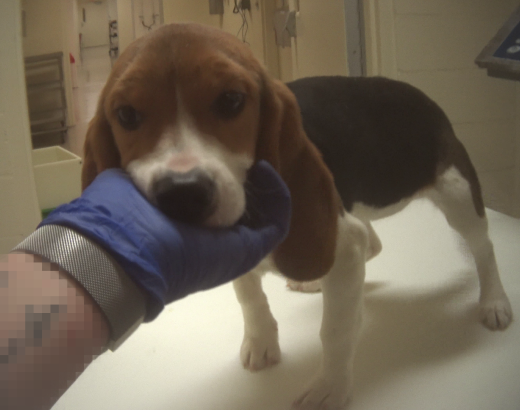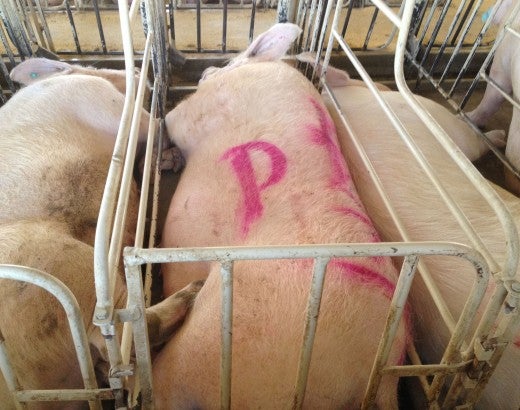Both the CEO and the chief operating officer of Safer Human Medicine also have ties to companies undergoing a government investigation involving endangered long-tailed macaques, the same species of monkeys that the proposed facility in Bainbridge plans to breed. Inotiv (Envigo’s parent company) and Charles River Laboratories are currently under scrutiny for their roles in allegedly obtaining long-tailed macaques from national parks and protected wild habitats in Cambodia to use in their testing facilities and to sell to other laboratories. Long-tailed macaques—also known as crab-eating macaques and cynomolgus macaques—are considered endangered by the International Union for the Conservation of Nature, in large part because tens of thousands of them are imported into the U.S. every year for experiments. (U.S. laboratories and breeding facilities report more than 100,000 primates bred and/or used in experiments each year.) The COO of Safer Human Medicine was previously the executive director of nonhuman primate operations at Charles River Laboratories.
Inotiv also owns the animal testing facility in Indiana where we conducted an undercover investigation released in 2022, documenting the suffering of dogs, monkeys, pigs and rats used in drug tests; nearly all were killed as part of the experiments. During our investigation, two monkeys died while immobilized in restraint chairs.
Monkeys are social, intelligent, inquisitive animals, but when they are bred and used for experimentation their lives are filled with fear, loneliness and pain. In the wild, baby long-tailed macaques are extremely dependent on their mothers, nursing for approximately 14 months. But in breeding facilities, babies are separated from their mothers at a young age—an extremely traumatic event for both mother and baby. In the wild, long-tailed macaques live in the trees, coming down only to find food. But in breeding facilities, once they are taken from their mothers, they get sent to laboratories where they often live in small, barren cages and exhibit high levels of anxiety, shown in their tendencies to constantly pace and excessively self-groom.
Instead of spending millions of taxpayer dollars on monkey breeding and experiments, we should be investing in facilities and infrastructure to support non-animal methods and strategies, which can more accurately predict how the human body will respond to drugs, treatments and substances.
Join us in the fight against this proposal and others like it. If you live in Georgia, you can urge local officials to oppose this facility.
If you live elsewhere in the U.S., tell Congress to oppose an expansion of the monkey experimentation industry that would use $30 million additional taxpayer dollars in its final fiscal year 2024 appropriations bill to fund even more monkey laboratories and breeding facilities.
Sara Amundson is president of the Humane Society Legislative Fund.
